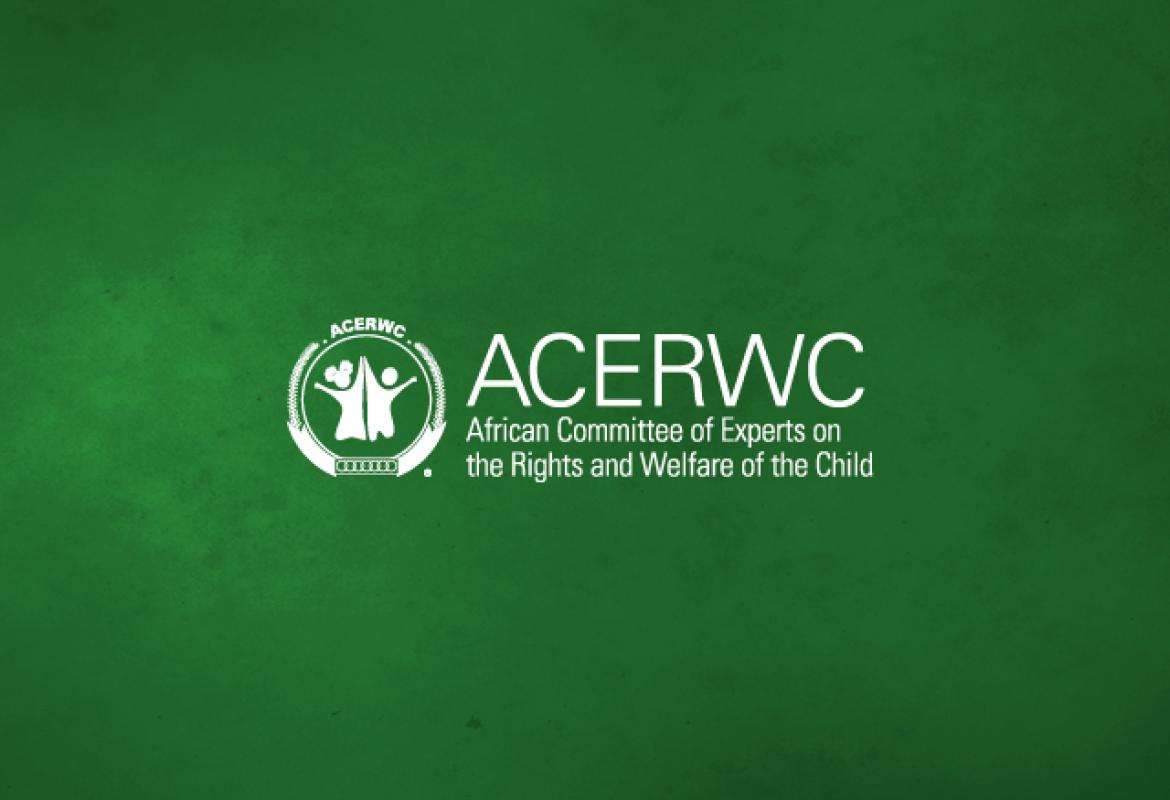The African Commission on Human and Peoples’ Rights (ACHPR) and the African Committee of Experts on the Rights and Welfare of the Child (ACERWC) recall its Joint Press Statement issued on 14 September 2023, in which it expressed deep concern on the current regressive Parliamentary debate advocating for the repeal of laws that prohibit Female Genital Mutilation (FGM) in The Gambia.
This follow-up Joint Press Statement is premised on the importance of addressing the unveiling issues concerning FGM and the recent developments surrounding FGM in The Gambia.
The ACHPR and the ACERWC recently received reports regarding a publication made on 6 February 2024, in the Standard Newspaper by the Office of the Clerk of the National Assembly, proposing a Women’s (Amendment) Bill 2024, seeking to lift the ban against FGM in The Gambia.
The ACHPR and the ACERWC are deeply concerned that the lifting of the ban against FGM in The Gambia would reverse the progressive legal measures established in the Women's Act of 2015, and would also be in violation of the rights enshrined in the African Charter on Human and Peoples Rights ( African Charter), the Protocol to the African Charter on Human and Peoples’ Rights on the Rights of Women in Africa (Maputo Protocol) and the African Charter on the Rights and Welfare of the Child (the Children’s Charter), to which The Gambia is a State Party.
In this regard, we wish to draw the attention of the Government of the Republic of The Gambia to Article 5(b) of the Maputo Protocol and Article 21(1) of the Children’s Charter, which requires the protection of women and girls from the detrimental effects of FGM.
While the ACHPR and the ACERWC commend the Republic of The Gambia for its strong dedication to safeguarding the rights of women and girls through the criminalization of FGM, it is crucial to emphasize the need for the government to continue its ongoing endeavours in fulfilling its obligations to protect the rights and welfare of women and girls in The Gambia, as enshrined in the African Charter, the Maputo Protocol and the Children’s Charter.
The ACHPR and ACERWC are of the view that the reversal of the legislation is not the solution. Dialogue with various stakeholders, including religious and traditional leaders, is the way to uphold the rule of law. The ACHPR and ACERWC would be most obliged to facilitate the dialogue, share the experience and good practices of various countries of the Continent, including those sharing the same religious and traditional background as The Gambia.
In this regard, the ACHPR and the ACERWC urges the Government of the Republic of The Gambia to take appropriate measures to discourage the lifting of the ban against FGM, in order to safeguard girls and women from the harmful practice of FGM; to prohibit through legislative measures backed by sanctions all forms of FGM; and eliminate harmful social and cultural practices affecting the welfare, dignity, normal growth, and development of the child, as enshrined in Article 5(b) of the Maputo Protocol and Article 21(1) of the Children’s Charter.
We call on the President of the Republic of The Gambia, H.E President Adama Barrow as Partner of the African Women Leaders Network (AWLN) and an African Union Champion for Positive Masculinity, to add his voice to halt this regression.
Jointly issued by
Honourable Commissioner Dr. Litha Musyimi-Ogana
Commissioner Rapporteur on the Human Rights Situation in the Republic of The Gambia
African Commission on Human and Peoples’ Rights
Honourable Hermine Kembo
African Union Special Rapporteur on Ending Child Marriage and Other Harmful Practices
African Committee of Experts on the Rights and Welfare of the Child







